
Are you an individual with a neurodivergent mind looking to create a resume that truly represents your skills and experiences? Crafting a resume can be a daunting task for anyone, but for those with neurodivergent minds, it may come with unique challenges. However, with a proper approach it does not have to be so stressful! In this guide, I will walk you through the process of creating a resume that highlights your strengths and accomplishments while considering your individual needs.
Understanding Your Audience
The first step in creating an effective resume is understanding who will read it. Your resume is essentially your first impression to potential employers, so it's essential to tailor it to their expectations. Hiring managers typically look for specific information when reviewing resumes, such as your contact information, objective or summary statement (although this is optional), education, work experience, skills, certifications, and more.
Resume Sections
Let's break down the key sections of a resume:
- Contact Information: Start with your name, phone number, email address, and, if you have one, your professional LinkedIn profile.
- Objective or Summary Statement: This is a brief statement that summarizes your career goals and what you can bring to the table. Keep it concise and relevant to the job you're applying for.
- Education: List your educational qualifications, including the name of the institution, degree earned, graduation date, and relevant honors or achievements.
- Work Experience: Highlight your previous job roles, responsibilities, and accomplishments. Use bullet points to make it easy to read.
- Skills: Mention both hard and soft skills relevant to the job. Consider your strengths, such as attention to detail, problem-solving, or specific technical skills.
- Certifications and Awards: If you have relevant certifications or have received awards, include them in this section to demonstrate your qualifications.
- Volunteer Work or Extracurricular Activities: If applicable, showcase your involvement in volunteer work or extracurricular activities that highlight skills or interests relevant to the job.
Writing Your Resume
When it comes to writing your resume, there are some essential guidelines to follow:
- Formatting and Layout: Keep your resume clean and well-organized. Use headings and bullet points to structure your information. Choose a professional font and maintain consistent formatting throughout.
- Clear and Concise Language: Use clear, concise language to describe your experiences and skills. Avoid jargon or overly complex language.
- Highlighting Strengths and Accomplishments: Emphasize your strengths and accomplishments in your work experience section. Use specific examples to demonstrate your contributions and achievements.
- Showcasing Relevant Skills: Tailor your resume for each job application by highlighting skills that are particularly relevant to the specific role you're applying for.
- Chronology: When listing experiences, volunteer work, and education, always put them in reverse chronological order. That is, the most recent ones are first and the oldest ones go last.
Addressing Employment Gaps and Gaps in Education
If you have gaps in your employment history or education, don't be discouraged. Many individuals face similar challenges. Here are some strategies to address these gaps:
- Explain Gaps Positively: In your resume or cover letter, provide a brief, positive explanation for any gaps, such as taking time for personal development or gaining valuable skills through volunteering or freelance work.
- Emphasize Transferable Skills: Focus on transferable skills gained during employment gaps, such as problem-solving, adaptability, or self-motivation.
- Reframe Experiences Positively: When discussing past experiences, reframe them in a positive light. For example, if you had a short-term job, emphasize the skills and experiences you gained during that time.
Accommodations and Disclosure
When deciding whether to disclose your neurodiversity, consider your comfort level and the potential benefits. Also, do your research about the company you are applying with. Some companies are very inclusive and go out of their way to make sure that neurodivergent employees feel welcome in their companies. Others do not take this approach. If you choose to disclose, you can also incorporate accommodations into your resume. For instance, you might mention specific strategies or tools that help you excel in the workplace.
Resume Examples and Review
A great way to learn how to create a resume is by analyzing real-world examples. Look for sample resumes online, paying attention to what works and what doesn't. You can also engage in peer review, where you and your peers provide feedback on each other's resumes.
Finalizing Your Resume
After receiving feedback and making revisions, take the time to proofread and edit your resume meticulously. Errors or typos can leave a negative impression. Save your resume in different formats (e.g., PDF and Word) to ensure compatibility with various job application systems.
Creating a neurodiversity-friendly resume is a crucial step in your job search journey. By understanding your audience, structuring your resume effectively, and highlighting your strengths and achievements, you can present yourself as a valuable candidate to potential employers.
Remember, your neurodiversity is a part of who you are, and it can bring unique strengths to the workplace. Embrace your individuality, advocate for your needs, and craft a resume that reflects your potential and abilities. With the right approach and mindset, you can confidently pursue your career goals and find a job that values your skills and contributions. If you need help with writing your resume, don't hesitate to book your free consultation with me.
Resources and Tools to Consider
Career Exploration: O*NET Online
Career Service Providers: If you'd like to see if I'd be a good match to guide you through the Career and/or College Planning Process, book a free consultation with me today
Educational Planning: College Board
Executive Functioning Tools: Evernote
Interview Preparation: YouTube videos, including specific ones for those with neurodivergencies like this one.
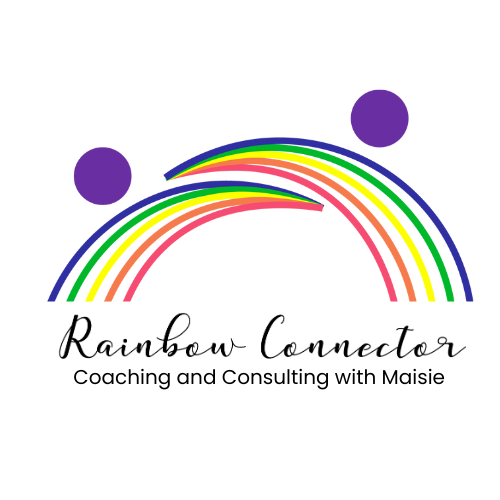
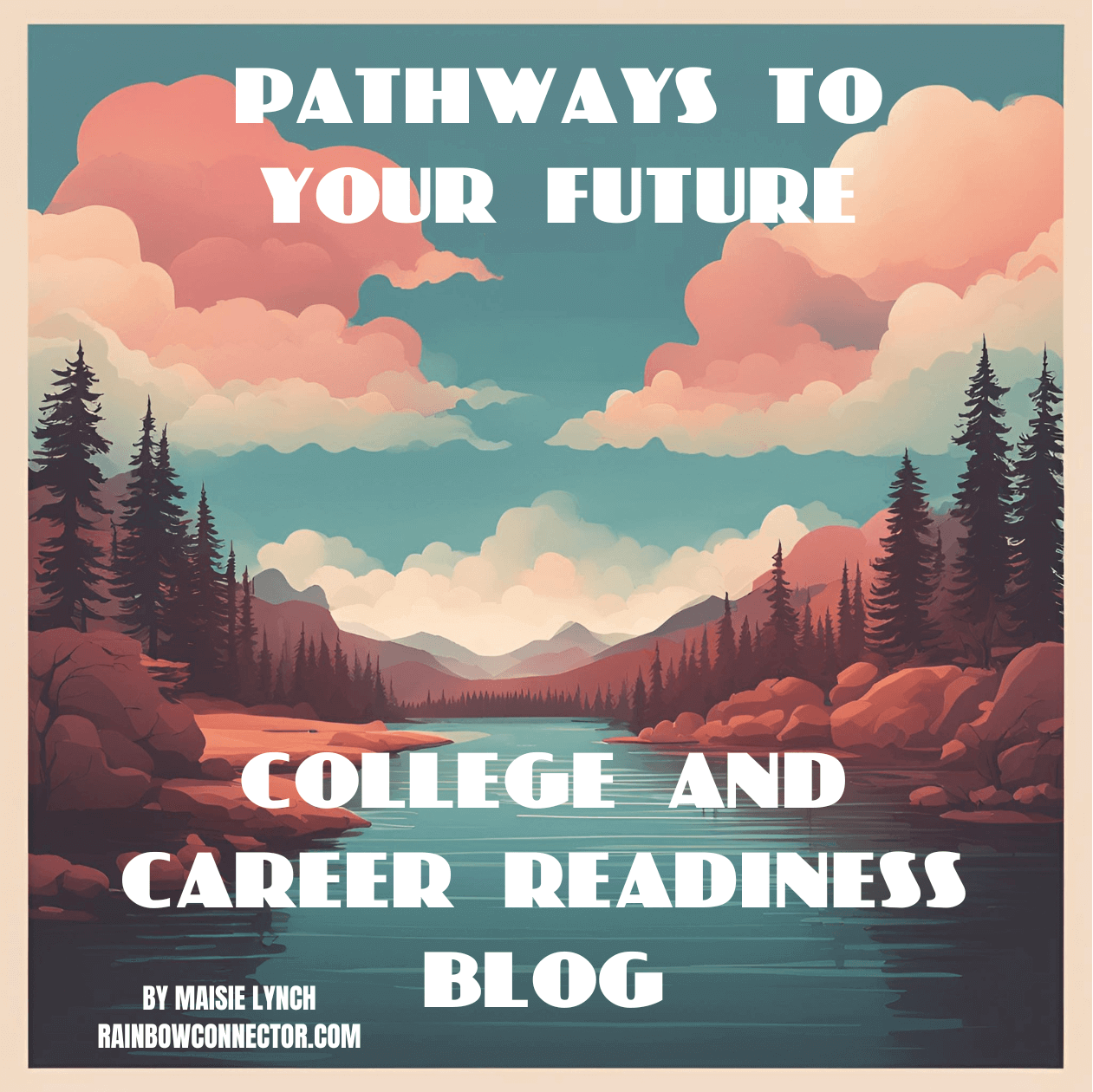





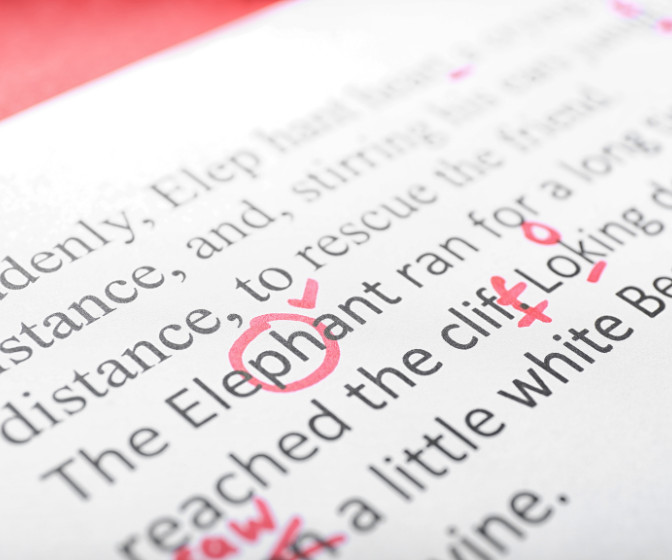
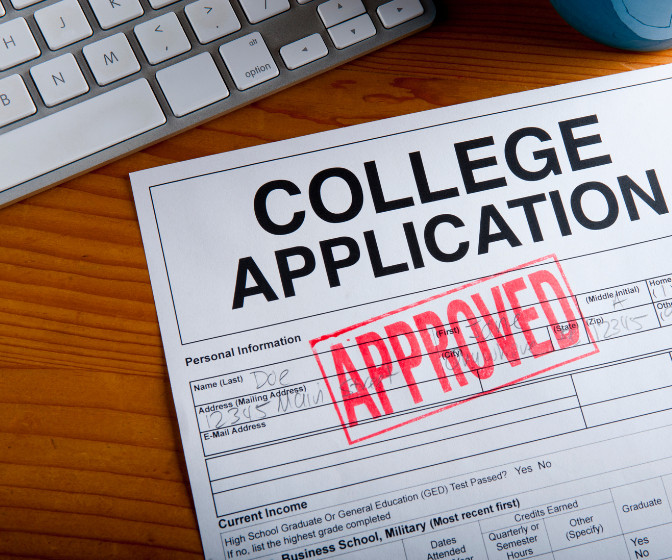

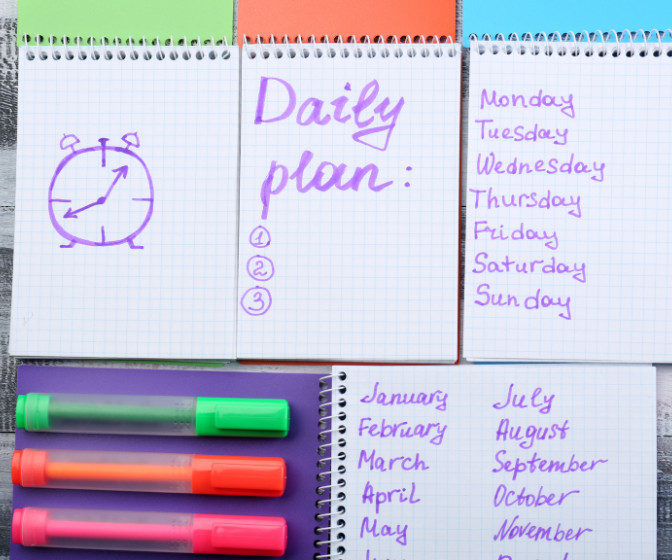






0 Comments